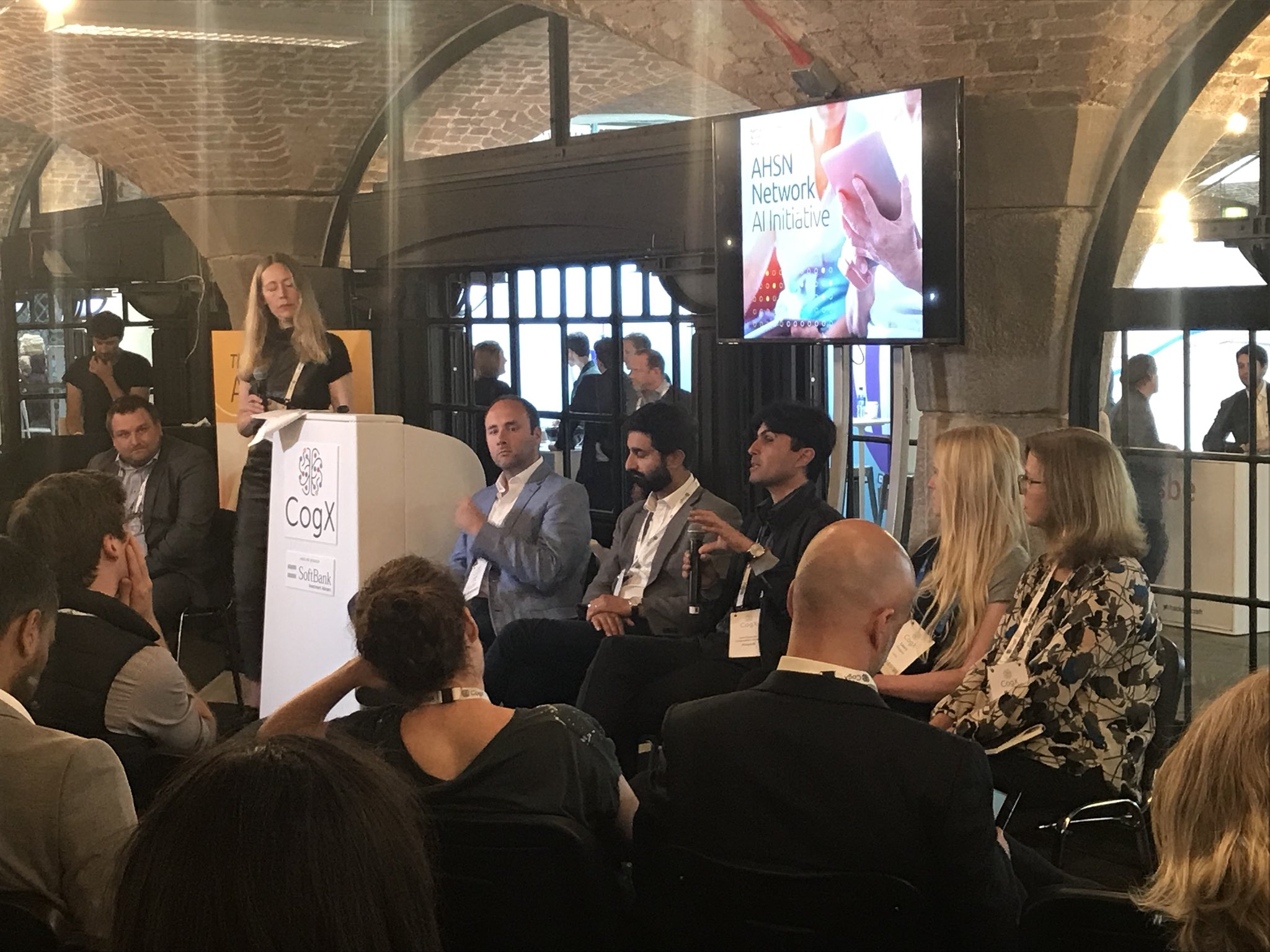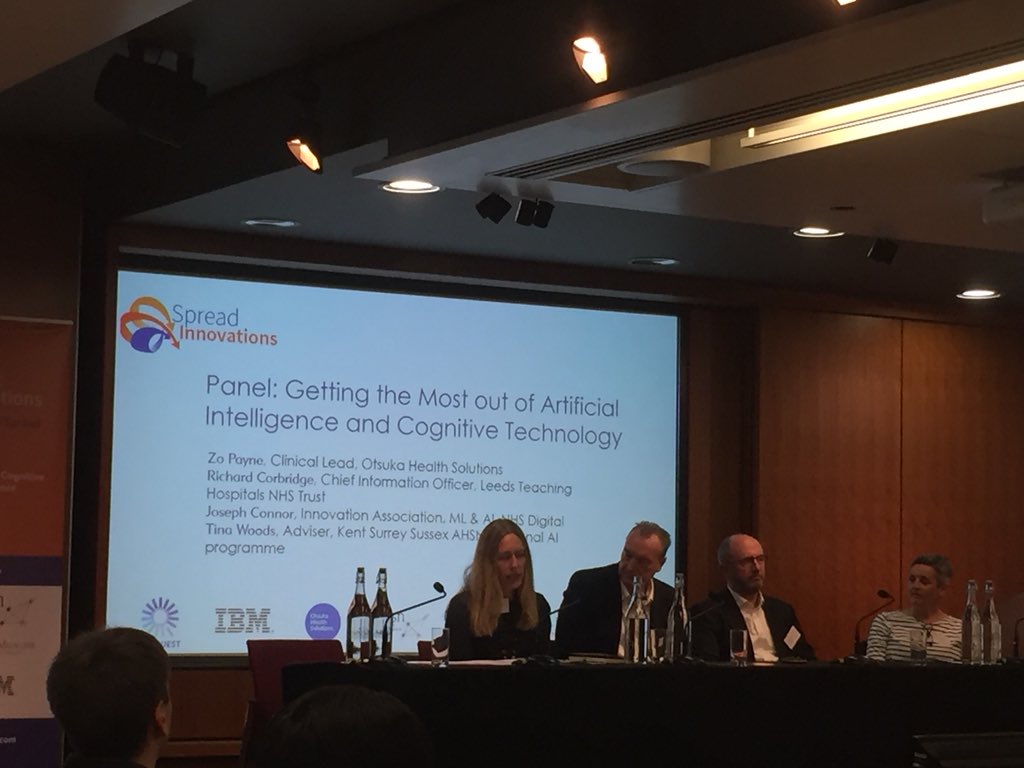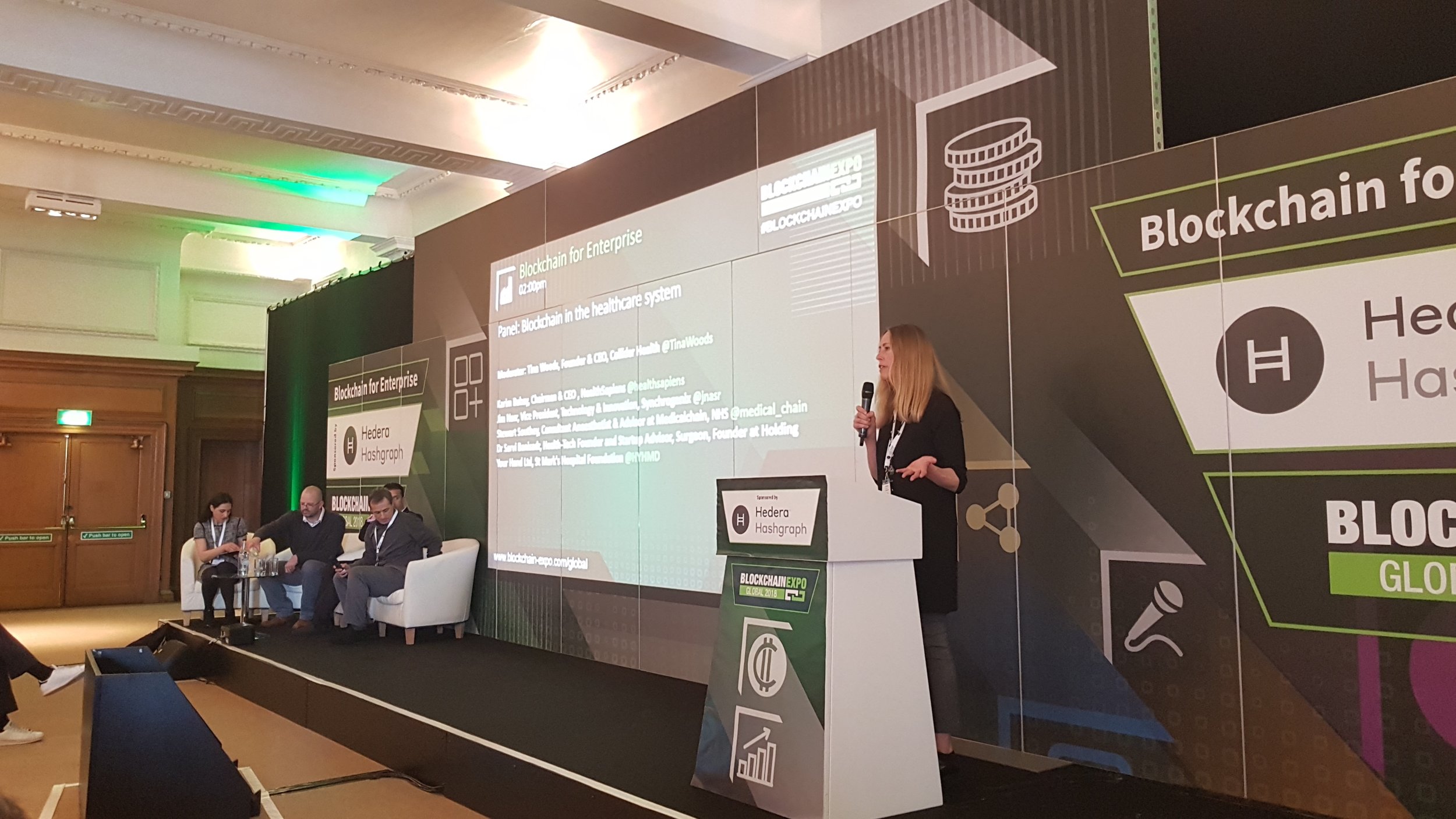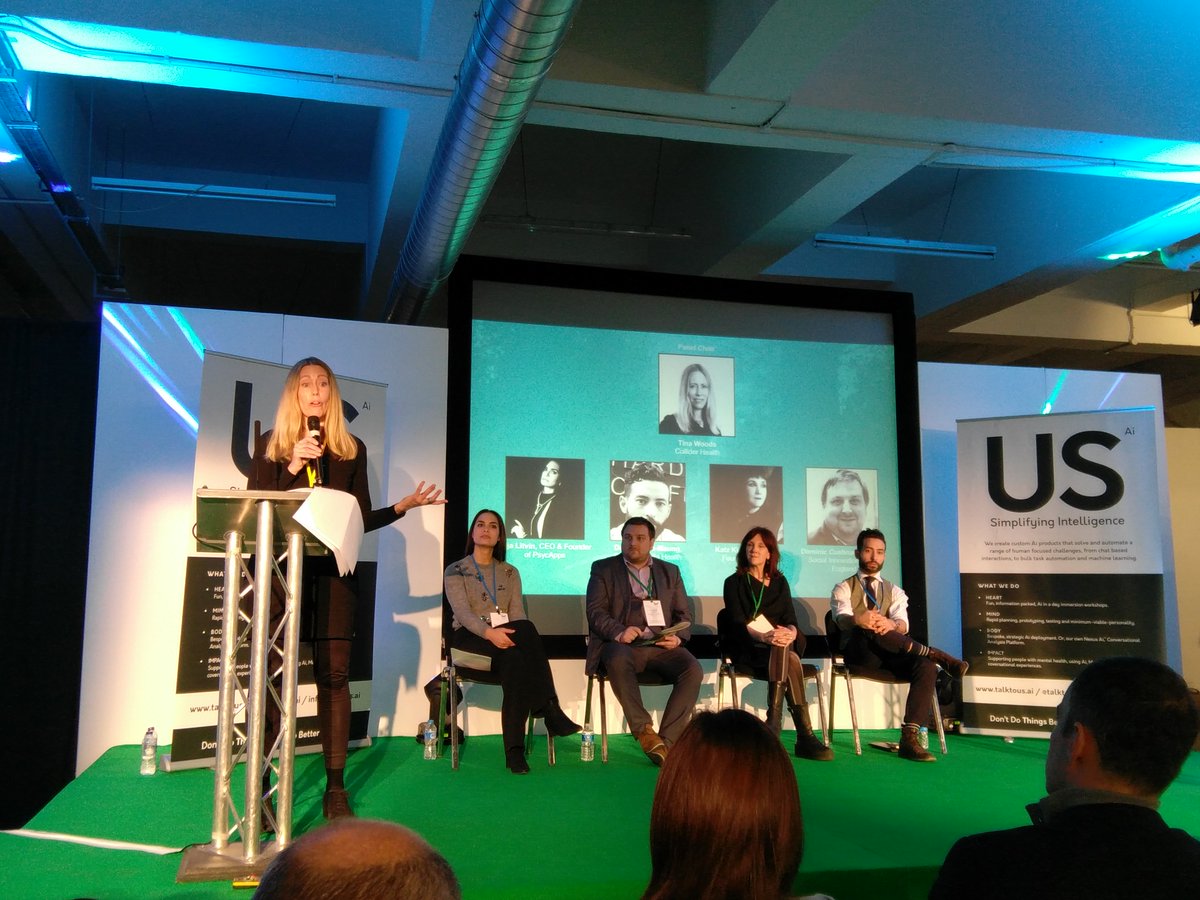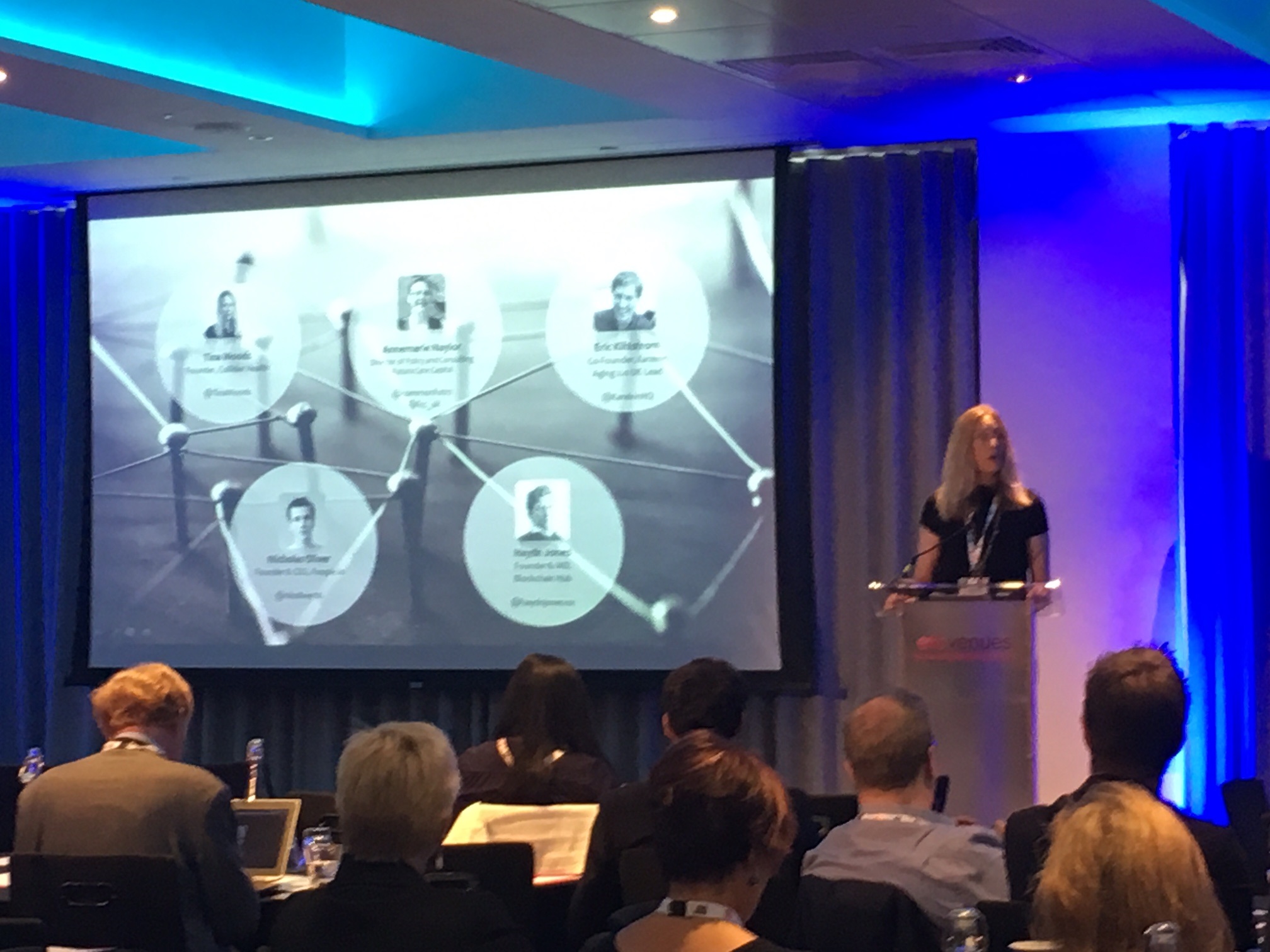MEDIA
Tina Woods is involved on advisory boards and as an expert contributor for a number of leading conferences and publications.
Past events
See recent recordings and interviews on the home page here.
SPINE Conference 28 June 2022. Keynote address: ‘Healthy longevity for all: A blueprint to maximise equitable health and wealth. Harnessing science, technology, investment and policy for global sustainable impact ‘. See copy of speech here.
'The Science of Ageing: How to Live Longer Better' - Public Event by How to Academy 14 November 2019
Organised by the How to Academy, Tina curated and chaired an event with four leading scientists- Dr Aubrey de Grey, Dr Nir Barzilai, Dr Lynne Cox and Dr Sabina Brennan- at the forefront of some of the latest scientific and technological developments to help us answer the most important question: what is the secret to a long, healthy, happy life?
How can the UK add five years of healthy lifespan by 2030? Longevity Forum 14 November 2019
• Dr Charles Alessi, Chief Clinical Officer, HIMSS International
• Professor Lynne Cox, Professor of Biochemistry, Oxford University
• Tina Woods, CEO and Co-Founder, Longevity International
Moderated by Greg Bailey, MD CEO, Juvenescence Limited
International Longevity Policy and Governance Summit on 12 November 2019
Part of Longevity Week, bringing together world-leading policy experts, representatives of government bodies, departments, healthcare and finance ministries, executives of healthcare and financial corporations to discuss, network and collaborate on initiatives to promote international longevity development.
Healthcare Unblocked November 2019
Tina chairs the panel on Genomics, blockchain and precision medicine with Dr Natalie Pankova, COO of Metadavice and Alexander Seyf, CEO of Autolomous to discuss what happens when you combine genomics data with blockchain and other frontier technologies to create a new era of precision medicine.
100 Year Life Sessions at CogX AI Festival, June 2019
Tina was a curator of the health stage at CogX AI Festival and chaired various sessions including those on the 100 year life to setsup our understanding of ageing and how using AI /data will help deliver on the UK government mission for 5 extra healthy independent years by 2035. See the YouTube video here.
MadWorld Summit October 2019
Tina chaired the Tech Talk sessions for the second time at MadWorld.
MAD WORLD SUMMIT, TECH TALK SESSION, LONDON, 9 OCTOBER 2018
At the recent Mad World Forum in London, various mental health focused companies presented their innovative solutions to meet emerging needs, including increasing numbers of digital natives entering the workforce, and the imperative to support the older generation retiring later. Tina was on the Mad World Advisory Board and chaired the Tech Talk session, in which ten companies pitched to a panel of judges including Alan Greenberg (Founder of Wideacademy), Chris Tomkins (Head of Proactive Health, AXA PPP Healthcare), Karen Rivoire (Mentor @ Microsoft Reactor), and Dr Gifty Jonas (Consultant occupational health physician and Medical Director for R & D at GSK) in their bid to win the ‘Tech Talks Digital Innovation Award’. The companies were asked what was different about their product or service and how it could address employers’ and employees’ mental health and wellbeing challenges in the workplace. They were assessed using criteria including market need, calibre of innovation, user experience, sustainability and social impact. Unmind was the winner. See the full report here.
Past articles
See recent Forbes article here.
Falling Life Expectancy Becoming The 'Climate Change' Of Health
Lessons on Longevity: What the East Can Teach the West to Harness the 'Longevity Dividend'
After Accusations Of Bias--AI Could Bring Diversity To Tech
'Age-Tech': The Next Frontier Market For Technology Disruption
FemTech is predicted to be the next big disruptor in the health tech industry with over $1 billion of funding invested in the past three years and a market that is predicted to grow to $50 billion by 2025. So what is this evolving market that is growing exponentially and empowering women across the globe in the process? Read more in the Disruption article here.
The traditional healthcare market is incredibly difficult for any newcomer to break into, and is especially tough for a novel technology. In the case of blockchain, many companies have come and gone over the year including some big players like GEM who found healthcare too tough and exited the market. Many start-ups also fall into the ‘technology looking for a problem’ trap and have not focused enough on the use case. Read more in the article in Disruption here.
The Lucrative Business of Living Longer
Published in the Financial Times , this article (click here) covered highlights on a panel at Disruption Summit curated and chaired by Tina Woods on Healthy Ageing And The Longevity Economy In The ‘100 Year Life’
The demographic time bomb has finally exploded. Ten million people living in the UK are expected to live to the age of 100, according to new government statistics. The implications for the way we live are profound — and the “longevity industry” has appeared as businesses seek to exploit new opportunities. Some radical ideas for future living were explored at the recent Disruption Summit in London, bringing together international experts to discuss how business leaders and society as a whole can respond to the challenges of the 100-year life.
Is technology the problem, the cure – or both?
The potential for entrepreneurs to disrupt industries and extinguish corporate laggards has never been greater. For entrepreneurial companies, disruption is inevitable, either outwardly from technology or internally from growth. But for larger corporates, most employees crave stability and rhythm and constant change creates stress and anxiety. Disruption may mean laying off redundant staff and/or re-skilling them for new jobs as firms deploy AI and automation to increase productivity, for example, leading to ongoing employee uncertainty.
Click here for article.
Forget technology. The growing ageing demographic is fast becoming the biggest force in disruption, not just for business but for society, work, play and life in general. By 2050, worldwide, there are likely to be two billion people over 60. The majority of children born in rich countries today can expect to live to more than a 100 yet we continue to structure our lives the way our parents and even grandparents did.
Advances in healthcare have helped us live longer and scientists are now working to overcome the process of ageing itself. Longevity research is booming with the prospect of extending the human lifespan more promising every day. However, the real goal is to live healthier, longer lives, not just increase our time. And this is the hard part, but also the one with the most potential for disruption.
Click here for article.
With the pace of change increasing constantly, multiple forces are colliding that make disruption to the status quo inevitable and the ‘new normal’. Emerging disruptive technologies like blockchain, impact of globalisation, calls for greater diversity, social responsibility and sustainability, and adapting to the psychology of millennials while harnessing an ageing workforce are all driving interest in more open, people-centred economic models based on openness, teamwork and sharing.
Increasingly, successful organisations will be those who embrace the opportunities which collaboration offers, to keep businesses ‘in business’. This means companies must fire up and fuel innovation like never before across all functions, grade levels, geographies, partners and customers within, without and among their four walls.
Cross sector collaboration is fast becoming essential to forming part of a defensive strategy to keep ahead of disrupters entering gaps from all sides. What are the tools that businesses can use to help foster this?
Click here for full article that appeared in Disruption Magazine, February 2018
Why business leaders should care about the ethics of AI now
Every day the media is awash with stories about the dangers of artificial intelligence, and the ‘ethics of AI’, whether relating to bias, personal privacy, consent or transparency. AI technologies are already being planned in high stakes applications such as self driving cars, robotic surgeons, hedge funds, control of the power grid, and weapons systems involving life and death decisions normally made by humans. And machine learning is right now impacting on people with legal or ethical consequences when it is used to automate decisions in areas such as insurance, lending, hiring, and predictive policing. Click here
DISRUPTION IN HEALTHCARE IS HAPPENING NOW
Since 2000 digital disruption has demolished 52% of the Fortune 500, with tech disrupting many industries such as music, publishing and retail. There are many cases already of established players who failed to ignore customer demands and reacted too slowly. Remember Blockbuster? We now have Netflix.. Published in D/SRUPTION on 22nd November. Click here.
A REVOLUTION IN TRUST AND HOW WE CAN WORK TOGETHER
Trust is the foundation for business. Maintaining trust and corporate reputation is expensive, time-consuming, and often very inefficient. Blockchain technology has been hailed as a solution to protect trust, and could be a revolution in the way everyone —businesses, governments, organizations and individuals—work together. Published in D/SRUPTION on 1st November 2017. Click here.
THE POWER OF YOU- PUTTING THE CITIZEN AT THE CENTRE
Many people do not feel in charge of their health and expect others to manage it for them when things go wrong. But more and more of us are starting to use our biologic, physiologic and behavioural data to understand what could help us lead healthier and happier lives. Published in D/SRUPTION on 27 July 2017. Click here.
















